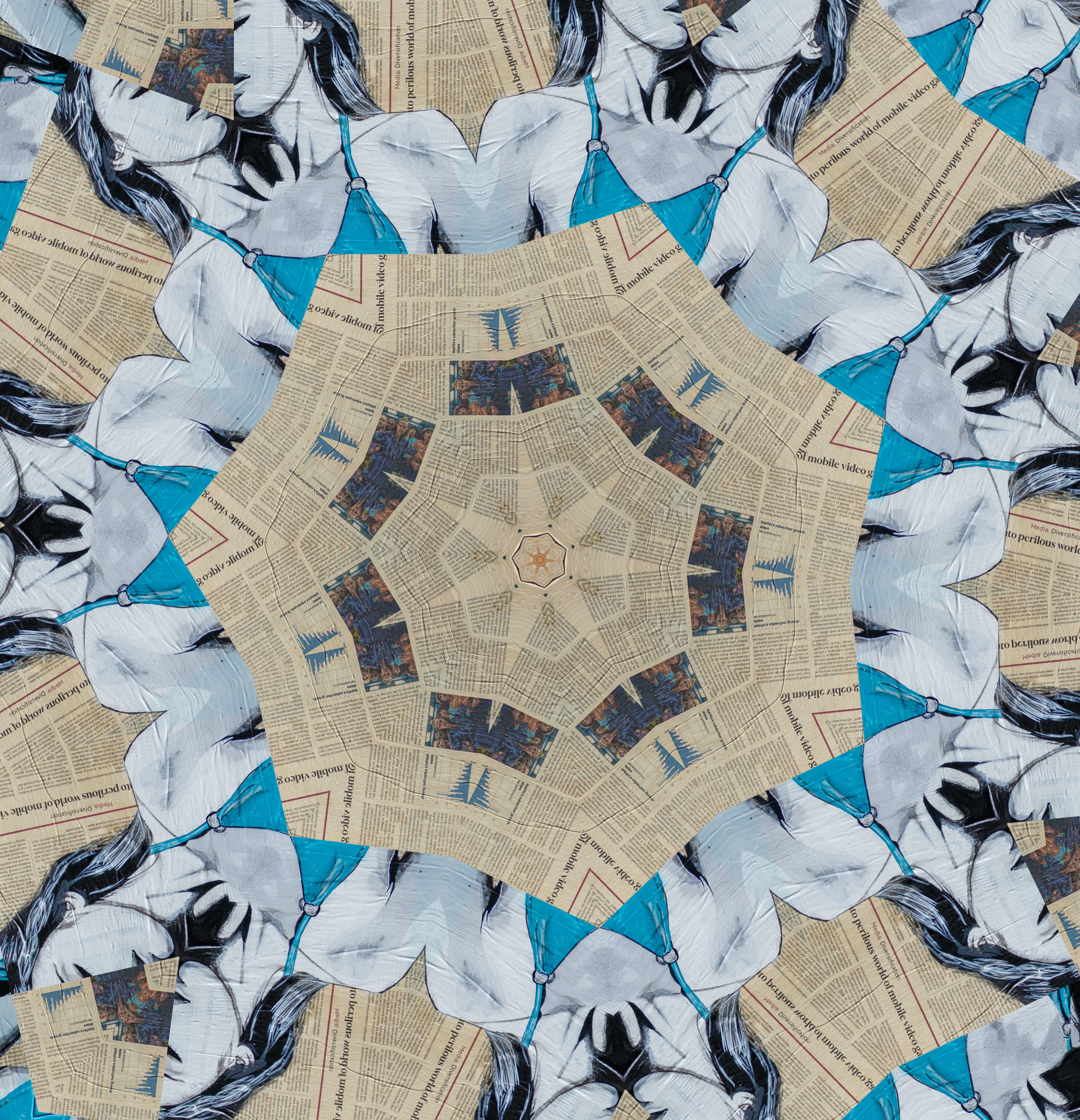What comes to your mind when you think about psychedelics? The 1960s? Tie-die shirts, Woodstock, drug abuse, and counterculture? We’re plagued with misinformation based on the media and the 50 year drug “war.” Both have which skewed the general public’s understanding of psychedelics. Psychedelics simply means “mind-manifesting.”
From the mid 1950s through the early 1970s, while the press was busy sensationalizing psychedelics and spreading misinformation, scientists and scholars were researching the use of these medicines, including mescaline, LSD, and psilocybin. Psychedelic research was thriving in psychiatric research centers. Psilocybin was drastically reducing end of life distress in cancer patients. Eventually funding started to dry up, not just because of the FDA (Food and Drug Administration) and DEA (Drug Enforcement Administration) and their bans, but because institutions stopped providing funding to substances that were creating such a controversy. Schedule 1 drugs here in the US, are highly restricted, and considered drugs with no accepted medical use, with a high abuse potential.
Research started to pick back up in 1999, with the goal to foster healing and prove that these substances are not highly addictive, and can be used in a medical setting with trained professionals. Even religious leaders were writing about their significant experiences.
Wait… religious leaders? Yes! Rabbi Zalman Schachter-Shalomi, Ram Dass (Richard Alpert), Brother David Steindl-Rast, Roman Catholic mystic Thomas Merton have all associated the use of psychedelics and a connection to God. And by God, I also mean Jehovah, Yahweh, Allah, Brahman, Great Spirit, or higher power. There are so many words in different religious, faith, and philosophical systems.
Today, the use of psychedelics and the clinical outcomes are astounding. MDMA is being researched to treat Veterans with PTSD. Psilocybin is being researched in treatment resistant depression and opioid addiction. LSD is researched to treat persons with alcohol use disorder.
Exploring different levels of consciousness through the use of psychedelics can help those gain meaning and insight, foster recovery, allow healing, and for some, facilitate a spiritual awakening.
A note:
Psychedelics are still federally controlled substances and you assume all the risk associated with possessing and consuming these medicines. I cannot advocate or advise the use of illegal substances. In Connecticut, psychedelic use is only permitted through clinical trials and not available to the general public.
I do not assume any responsibility for physical, psychological, legal, or other consequences arising from the use of these substances.






